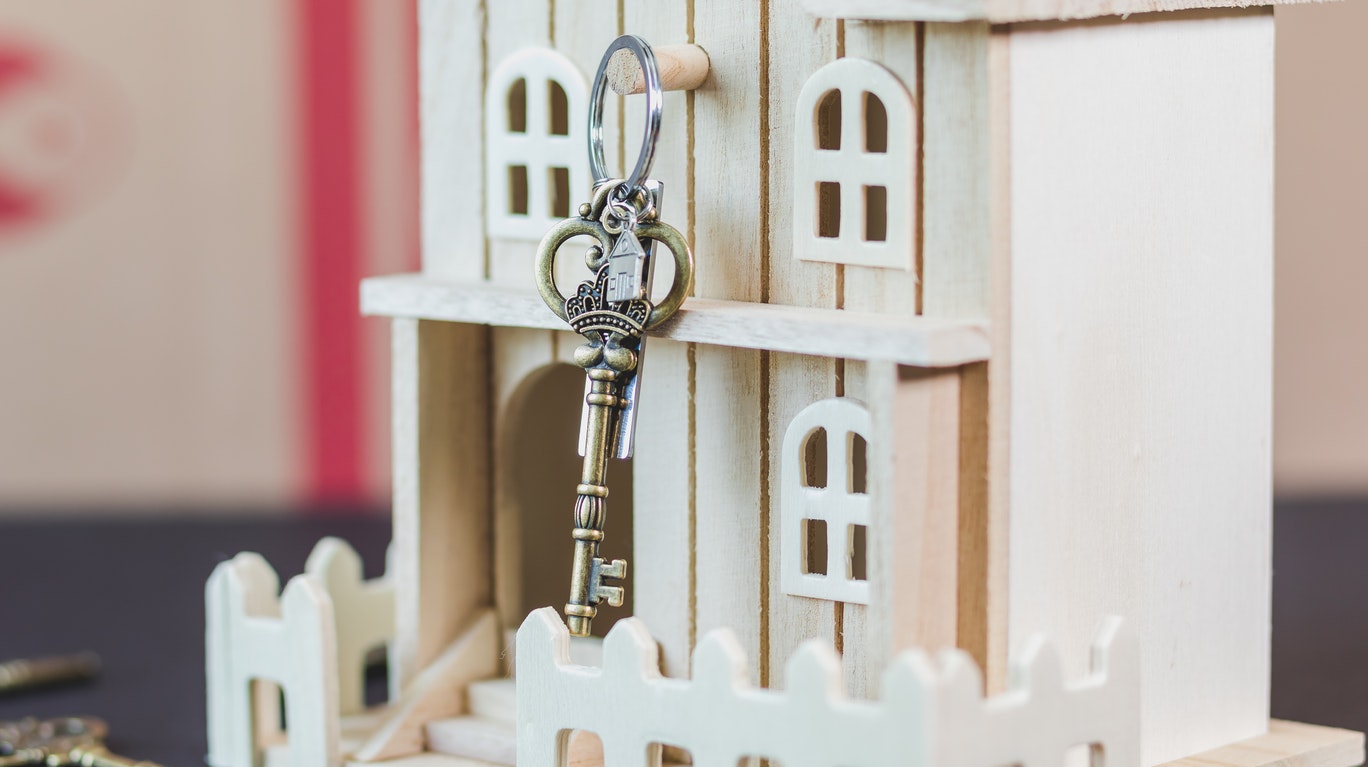Transitioning from renter to homeowner is one of the biggest decisions you’ll make throughout your lifetime. It can also be a stressful experience if you don’t plan ahead by building a budget and saving prior to embarking upon homeownership.
Budgeting is a core ingredient that helps alleviate the stress associated with money issues that can sometimes arise if you purchase a home without knowing all of the associated costs – including down payment, closing expenses, ongoing maintenance, taxes and utilities.
The trouble is, many first-time homeowners fail to carefully think about their finances, plan a budget or set savings aside. And in this society of instant gratification, money problems can quickly escalate.
The key is to create a realistic budget based on your goals. Track your spending and make your dollars go further by sticking to your budget once it’s in place. Budgeting offers a step-by-step formula for figuring out how to best save your hard-earned money to invest in homeownership.
Start by listing your household income, then your household expenses, and review your spending habits. All of this can be done on a pad of paper or on a computer spreadsheet.
Keeping receipts for everything that you purchase will enable you to accurately keep track of where your money is going each month so that you can review and make necessary changes to your plan on an ongoing basis.
Examine all areas of your life from entertainment to the type of food you buy, where you buy your food and clothes, and how and where you travel. Also look at your spending personality and make necessary adjustments. Are you a saver, a splurger, a spontaneous shopper or a hoarder? Become smarter with your money and avoid impulse buying.
If you find you’re spending a lot of money in one area, such as entertainment for instance, set aside a reasonable amount each month and prepare to stop spending money in this area once your budget has been exhausted.
Budgeting provides you with the opportunity to re-evaluate your needs and wants. Do you really need the magazine subscriptions, the gym membership and all the other things you may spend money on each month? Although everyone needs some “me time” to wind down, could you not get that by taking a walk or reading a good book you borrowed from the library?
If you can set your budget solidly in place before you head out home or mortgage shopping, you will be far more prepared to purchase your first home.
Following are three top tips to help you prepare for the purchase of your first home:
1. Set up a savings account. You can deposit a predetermined amount into this account each pay period that you will not touch unless it’s absolutely necessary. This will enable you to put money aside for a down payment and cover closing costs, as well as address ongoing homeownership expenses such as maintenance, taxes and utilities.
2. Save up for big-ticket items. As you accumulate money in your savings account, you will be able to also save for specific purchases to help furnish your home – avoiding the buy now, pay later mentality, which can have a negative impact on your credit when you’re seeking mortgage financing.
3. Surround yourself with a team of professionals. When you’re getting ready to make your first home purchase, enlist the services of a licensed mortgage professional and a real estate agent. These experts are invaluable to you as you set out on the road to homeownership because they help first-time buyers through the home purchase and financing processes every day. They will be able to answer all of your questions and set your mind at ease. A mortgage professional has access to multiple lenders, and can help you get pre-approved for a mortgage so you know exactly what you can afford to spend on a home before you head out house hunting, while a real estate agent will be able to match your needs with a house you can afford. Both parties will negotiate on your behalf to ensure you get the best bang for your buck. And, best of all, these services are typically free. They will also be able to refer you to other reputable professionals you may need for your home purchase, including a real estate lawyer and home appraiser.










